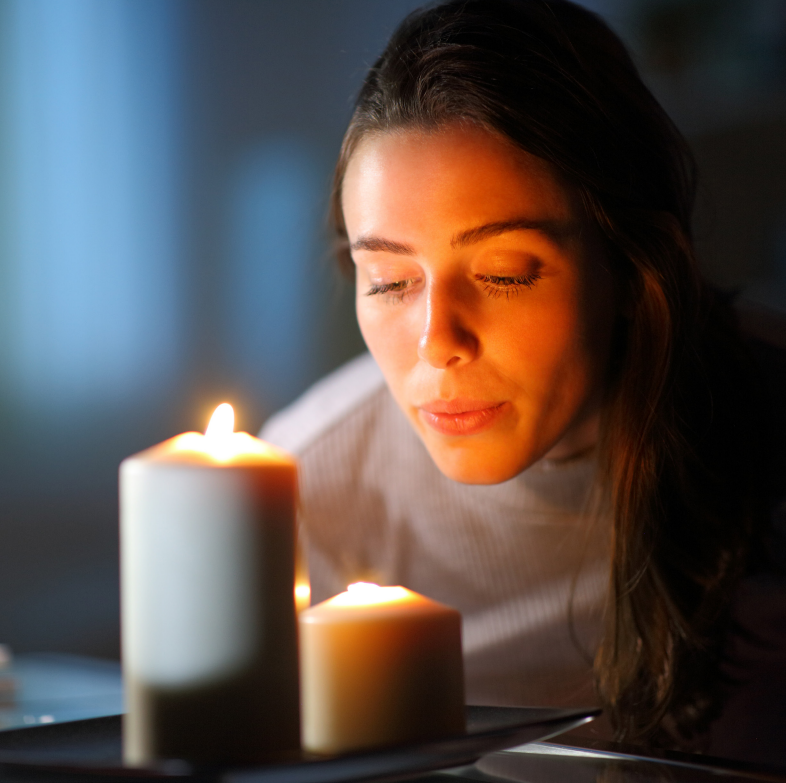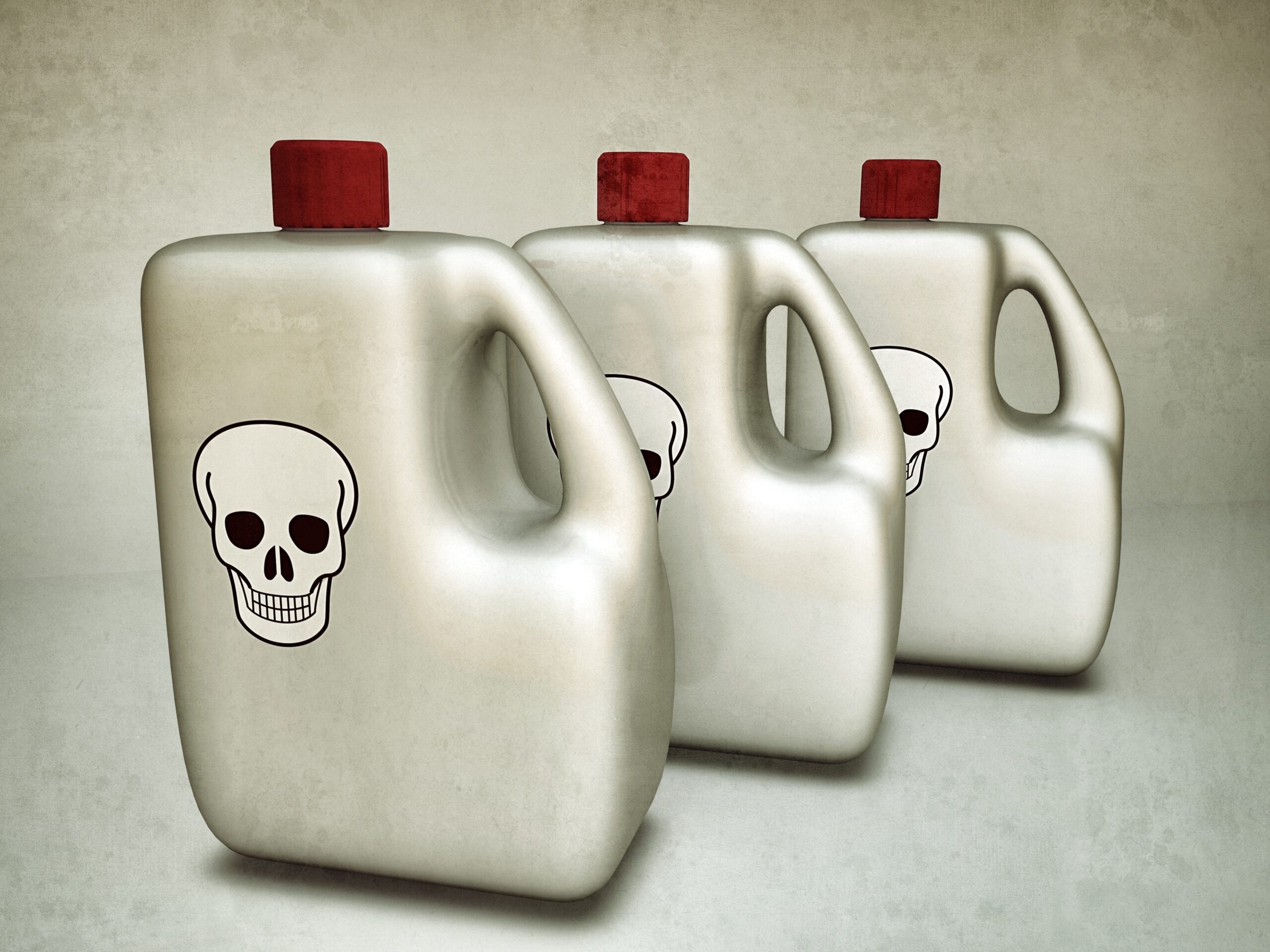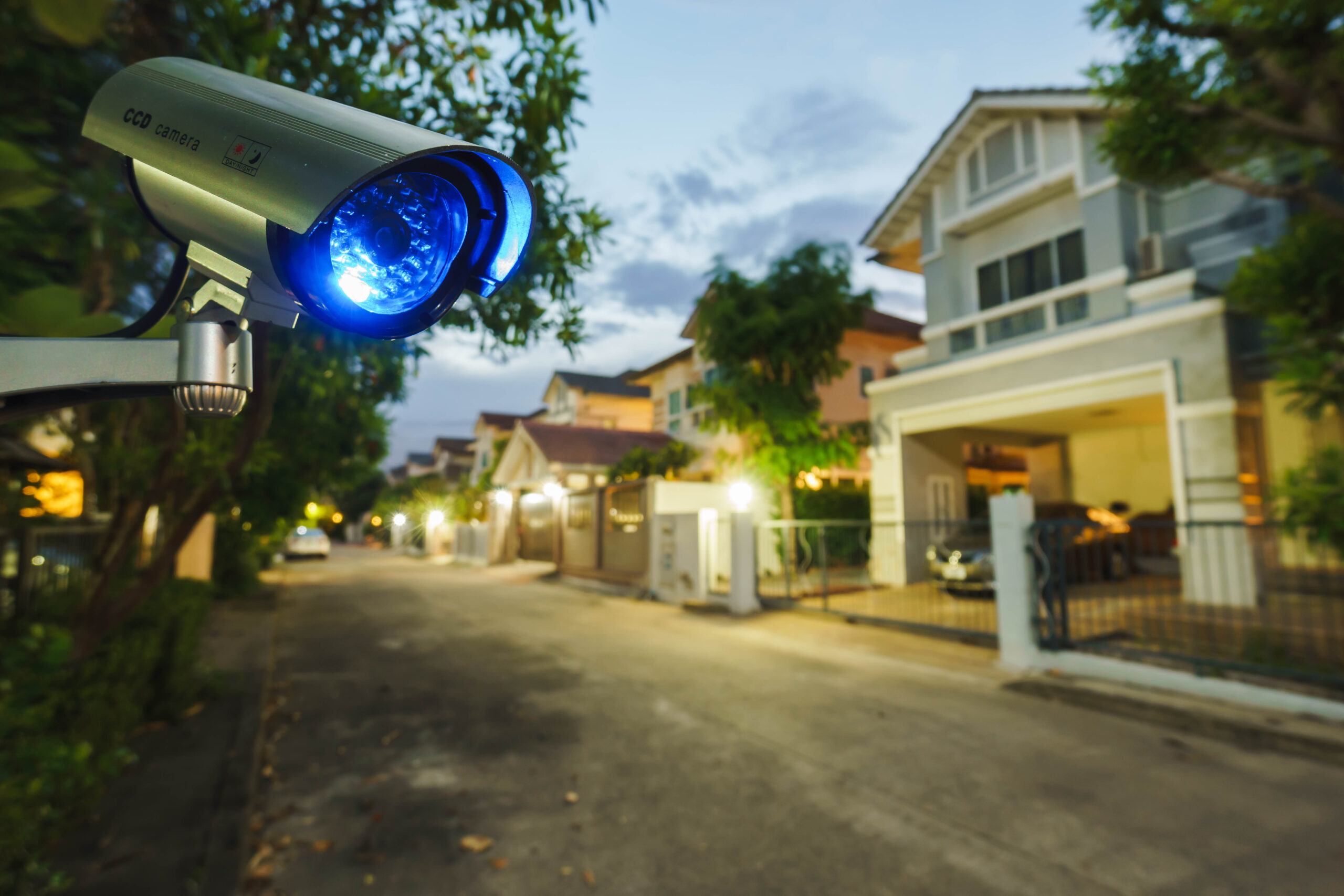By Brandy Abalos
Power outages can occur for several reasons—from rolling blackouts overuse of utilities to severe weather like snowstorms and lightning strikes. No matter what the cause is when the electricity goes down, it puts life on hold for a period of time. It will likely happen in your home at some point, so you should do as much as possible to be prepared for the worst.
Here are some tips to be prepared for and safely endure a power outage.
Create an Emergency Kit
When the electricity goes out, you may not be able to heat food, charge your phone or even plug in a radio. Create an emergency kit with contents that can manage these challenges. Make sure you go through the box every few months to make sure none of the food is expired or items haven’t been used in other situations.
You should include food that does not need to be heated, such as canned fruits and vegetables. Beef jerky, nuts and seeds and peanut butter are good proteins to pack in the box. Don’t
include anything that will perish quickly. If you’re able to include a propane-powered hot plate and small pot, you can also include things like ramen noodles and other easy-to-cook items.
Put as much water as you can in your emergency kit. If the electricity goes out, you might have running water for a short period of time, but it may not be safe to drink. You can typically
purchase gallons of safe drinking water for less than one dollar per container. Larger five-gallon bottles can also be purchased for cheap. You will need water to drink, clean yourself and cook food.
Include other items that will keep your household operational during a power outage. That may include batteries, flashlights, candles, lighters power chargers and cords for electronics. Blankets, rain ponchos and other similar weather-appropriate items may also be added to the kit seasonally.
Make a Family Communications Plan
Develop a communication plan and share it. Discuss how to communicate during a power outage or other emergency with friends and family members. Determine how you will receive
emergency alerts and warnings. This may include a solar or manual powered radio system.
You might develop a communication tree in your plan where each person is in charge of calling or texting someone else. This will prevent everyone from communicating with the same people
and wasting phone batteries.
Make sure everyone in your group knows your shelter plan and evacuation route. If you have to leave your home, your friends and family should know where to contact you.
Ensure You Have Plenty of Water
You should prepare for a power outage by storing water in a safe place out of the way. You will need approximately one gallon of water per person per day. You should have enough storage to endure several days without power, which can compromise your water.
If the weather gets bad or your power goes out, you can take some immediate actions to preserve water. Fill the bathtub and random containers that you have in your home with water. Bathtub water can be used to flush the toilet if the running water isn’t working.
Keep Gas in Your Vehicle and Propane in Your Tank
To make sure you have enough fuel to endure a power outage— that includes in your vehicle as well as for your house. Keep your gas tank in your car filled over half a tank at all times, especially if the weather gets rough. If your home uses propane, don’t wait until the last minute to fill the tank. Make sure it stays at least a quarter of the way full. Fuel can become extremely costly and difficult to obtain in emergency situations.
Always Keep a Key to Your House with You
Many people enter and exit their homes through the garage, using the electric garage door. In the event of a power outage, that won’t work. You should always have a key to your house on your keychain in case you arrive home and the front door is locked. Most garage doors also have a manual release. Find out where this mechanism is and be prepared to use it if necessary.
How to Handle Things During a Power Outage
While preparing for the power outage is important, there are also things you need to do during a power outage to stay safe and protect yourself. Some of those things include:
» Keep your refrigerator and freezer doors closed as much as possible. This will preserve food for as long as you can.
» Use generators outside only. Never use them inside a home or garage.
» Listen to local radio stations for updated emergency information.
» Use a standard landline telephone instead of a cellular phone if possible.
» Provide your pets with plenty of food and water.
» Eliminate unnecessary travel in your car, as traffic signals may be out and there may be traffic congestion.
» Keep cash on hand, as ATMs may be down and banks may be closed.
If your power is out for an extended length of time, consider going to a shelter to stay cool or remain warm. They will also have food and may have other necessary supplies available for you.
Most Importantly, Stay Calm During a Power Outage
Emergency situations can be intense. It can be easy to become emotional, and your feelings are valid. However, you need to keep a clear mind to make rational decisions. Stay calm and make
use of the resources that are available to you at your house and in your community.








Leave A Comment